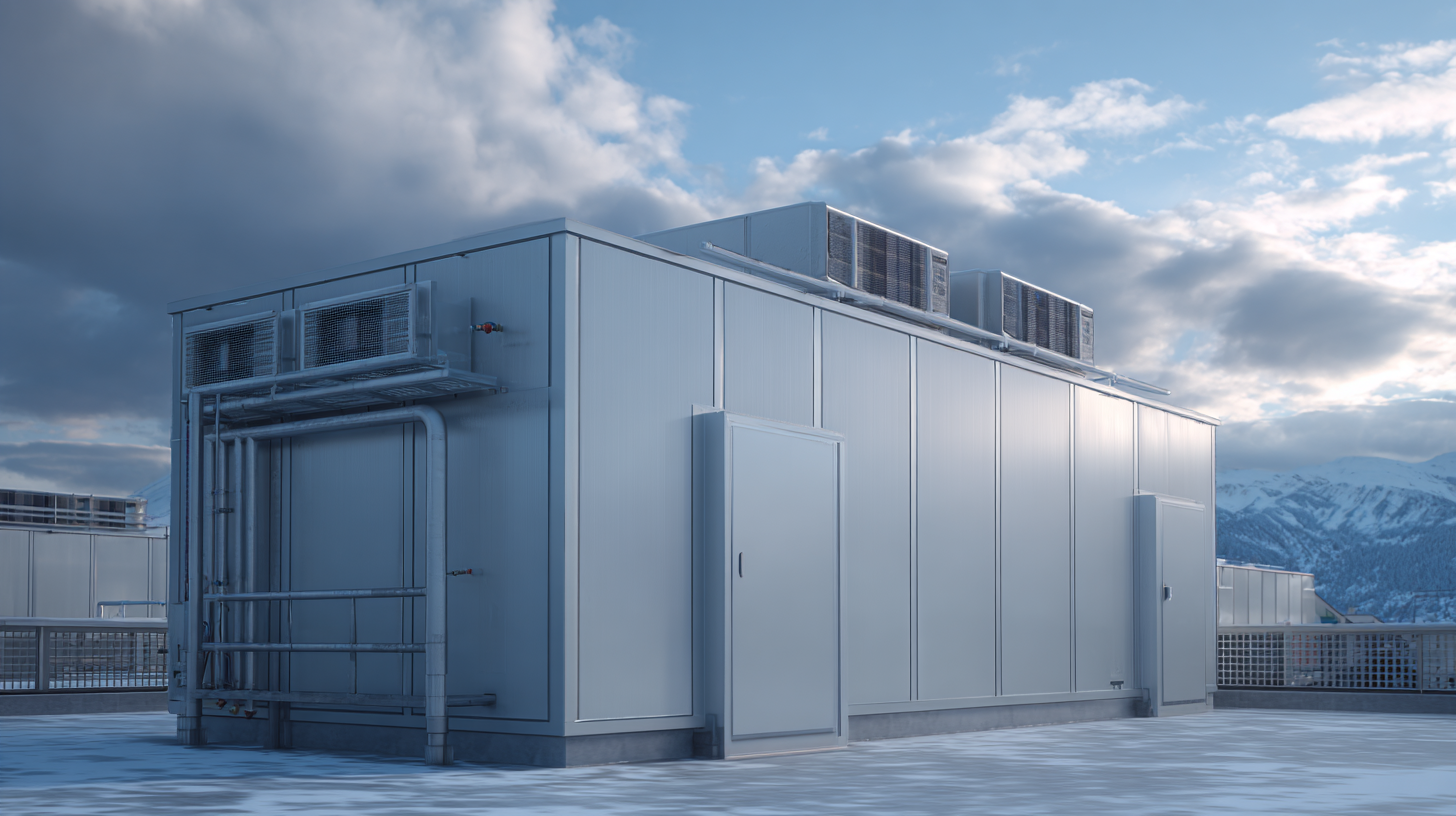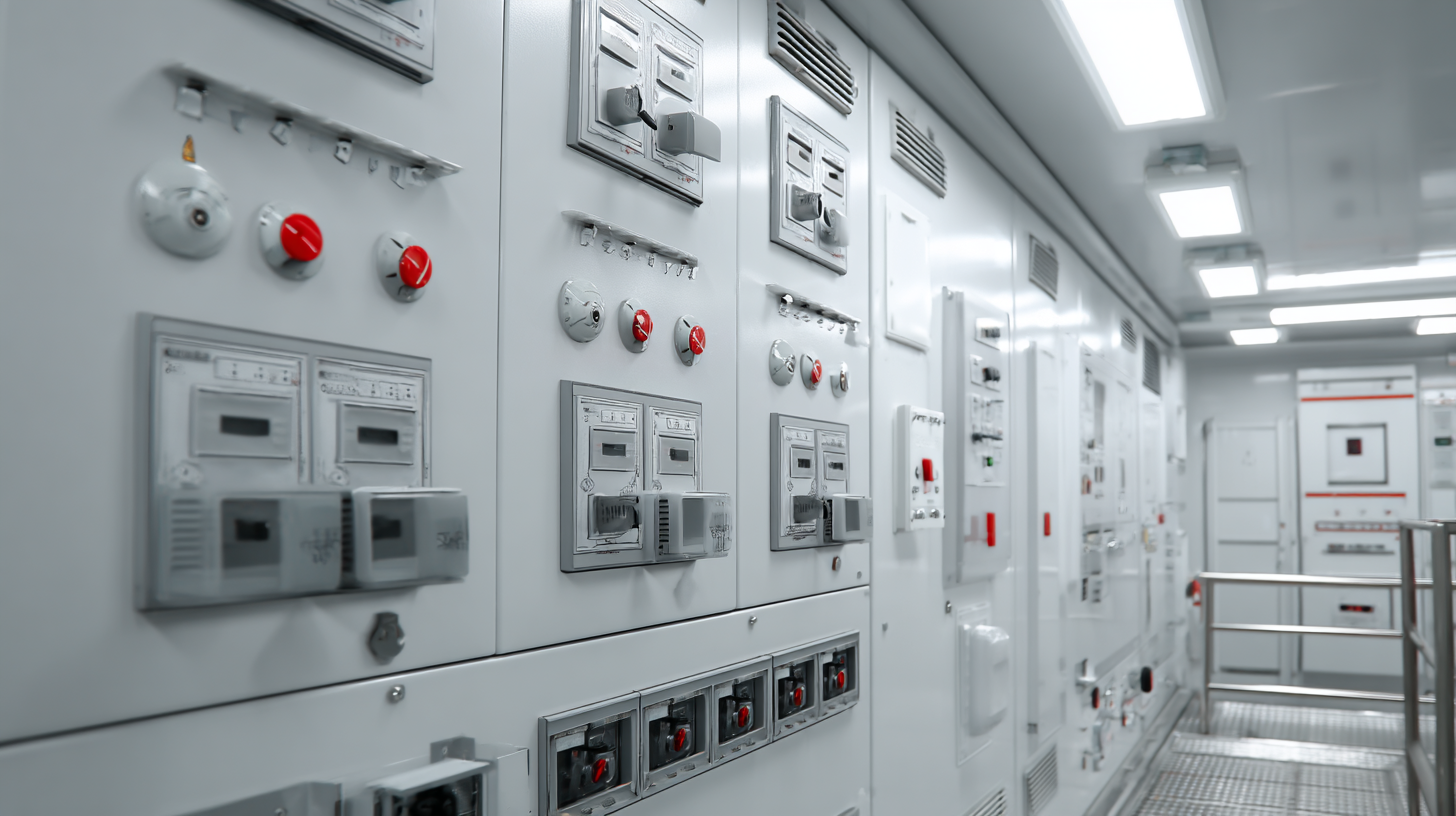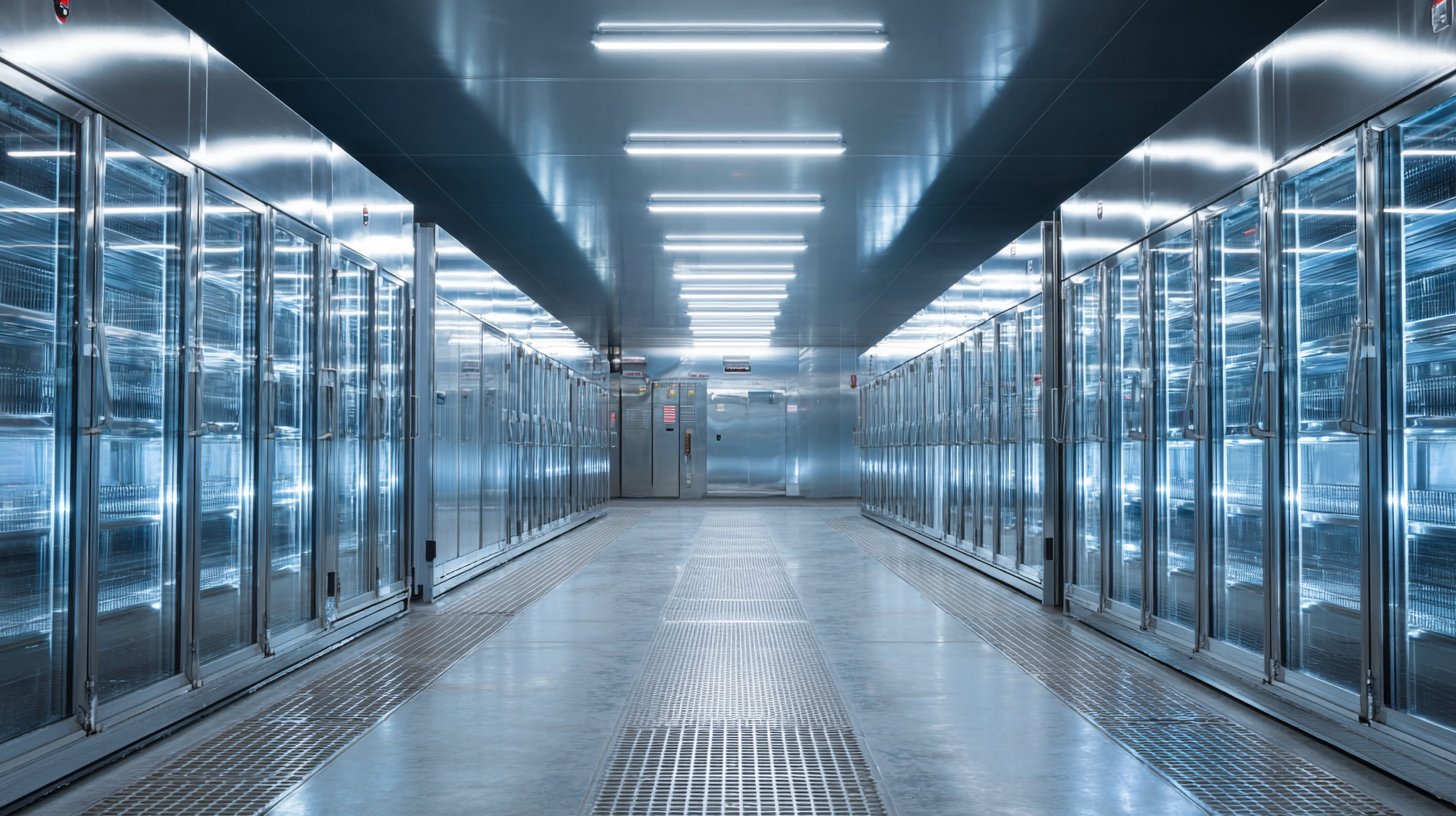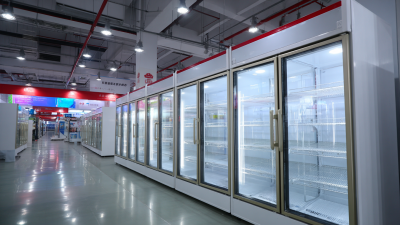What are Freezer Panels and How Do They Revolutionize Temperature Control
In today's fast-paced world, maintaining the ideal temperature for perishable goods is crucial, and this is where freezer panels come into play. These innovative systems have transformed the way we control temperatures in cold storage facilities, ensuring that products remain fresh and safe for consumption. Freezer panels are specifically designed to provide enhanced insulation, minimizing heat transfer and maintaining a consistent environment for items such as pharmaceuticals, food products, and sensitive materials. By utilizing advanced materials and construction techniques, these panels significantly reduce energy consumption and operating costs, while also contributing to sustainability efforts.

This guide will delve into what freezer panels are, their unique features, and how they are revolutionizing temperature control across various industries, making them an essential component of modern cold storage solutions.
Understanding the Basics of Freezer Panels: Composition and Structure
 Freezer panels are specialized insulated panels designed to maintain low temperatures in cold storage facilities. Their composition typically includes a core made from rigid polyurethane foam or polystyrene, sandwiched between metal or composite outer layers. This structure allows for excellent thermal resistance, significantly reducing energy costs associated with refrigeration. According to a report by the U.S. Department of Energy, well-insulated panels can enhance energy efficiency by up to 30% when compared to traditional refrigeration solutions.
Freezer panels are specialized insulated panels designed to maintain low temperatures in cold storage facilities. Their composition typically includes a core made from rigid polyurethane foam or polystyrene, sandwiched between metal or composite outer layers. This structure allows for excellent thermal resistance, significantly reducing energy costs associated with refrigeration. According to a report by the U.S. Department of Energy, well-insulated panels can enhance energy efficiency by up to 30% when compared to traditional refrigeration solutions.
The structural design of freezer panels also contributes to their functionality. Many panels are crafted with interlocking edges, which not only simplifies the installation process but also minimizes thermal bridging—an area where heat can escape. In fact, studies indicate that the use of advanced insulated panel systems can lead to temperature variations as low as ±1°C within cold storage environments. This precise temperature control is essential for preserving sensitive products such as pharmaceuticals and perishable food items, underscoring the pivotal role that freezer panels play in modern temperature management solutions.
Innovative Technology Behind Freezer Panels: How They Work
Freezer panels represent a significant advancement in temperature control technology, specifically designed to mitigate energy consumption while maintaining optimal conditions for perishable goods. These panels are typically constructed from insulating materials coupled with reflective surfaces, minimizing heat transfer. According to a report by the International Journal of Refrigeration, the use of insulated panels can reduce energy costs by up to 30% in commercial refrigeration systems, leading to more sustainable operations.
The innovative technology behind freezer panels lies in their design and material composition. Most commonly, they utilize rigid polyurethane foam, which boasts an impressive thermal resistance value (R-value). A study by the American Society of Heating, Refrigerating, and Air-Conditioning Engineers (ASHRAE) highlights that incorporating high-performance insulating materials can enhance energy efficiency further, making modern refrigeration systems not only reliable but also eco-friendly.
Tip: For businesses looking to upgrade their refrigeration systems, consider evaluating the R-value of freezer panels. Higher R-values typically indicate better thermal insulation, contributing to long-term savings. Additionally, regular maintenance and inspection can ensure that the panels remain effective over time, preventing costly energy leaks.
Applications of Freezer Panels in Various Industries
Freezer panels have become essential in various industries that require precise temperature control to ensure product quality and safety. In the food and beverage sector, for instance, companies are leveraging freezer panels to maintain optimal storage conditions for perishables. A report by the Refrigerated Transportation Association indicates that the use of high-performance insulated panels can reduce energy consumption by up to 30%, significantly lowering operational costs while ensuring compliance with stringent food safety standards.
Additionally, the pharmaceutical industry relies on freezer panels to preserve sensitive materials and medications. According to a study published by the International Society for Pharmaceutical Engineering, maintaining temperatures below -20°C is crucial for many vaccines and biologics, which are vital for public health. Utilizing advanced freezer panels not only enhances the efficiency of cold storage facilities but also mitigates the risk of temperature excursions, ensuring that vital products remain effective and safe for distribution.
Advantages of Using Freezer Panels for Temperature Control
Freezer panels are innovative insulation solutions designed to maintain optimal temperatures in cold storage facilities. Utilizing advanced materials in their construction, these panels provide exceptionally high insulating values, significantly reducing energy consumption and ensuring that the internal environment remains stable. The benefits of using freezer panels for temperature control are numerous. Their modular design simplifies installation, allowing businesses to expand or modify their refrigerated spaces without extensive structural changes.
One of the major advantages of freezer panels is their ability to minimize temperature fluctuations. This not only protects perishable goods but also enhances operational efficiency, as systems won’t need to work overtime to maintain desired temperatures. Furthermore, these panels are easy to clean and resistant to moisture, which reduces the risk of mold and bacterial growth.
**Tips for Maximizing Freezer Panel Efficiency:**
1. Regularly inspect seals and joints to prevent cold air leaks.
2. Maintain appropriate airflow within the space to enhance temperature regulation.
3. Schedule routine maintenance on refrigeration systems to ensure optimal performance.

Future Trends in Temperature Control Solutions with Freezer Panels
Freezer panels have emerged as a game-changer in the field of temperature control, providing versatile and efficient solutions for various industries including food storage, pharmaceuticals, and logistics. These insulated panels play a critical role in maintaining optimal temperatures, ensuring products remain fresh and safe throughout the supply chain. As the demand for energy-efficient and sustainable temperature control solutions grows, freezer panels are evolving with innovative technologies, such as smart controls and improved insulation materials. These advancements enable better energy management and reduced operational costs.
**Tips:** When considering freezer panels, it’s essential to focus on the R-value, which indicates insulation effectiveness. Higher R-values translate to better insulation and reduced energy consumption. Additionally, manufacturers are now offering panels with integrated sensors for real-time temperature monitoring, enhancing control and ensuring compliance with regulatory standards.
Future trends in temperature control solutions are set to revolve around sustainability and smart technology integration. The shift towards eco-friendly materials for freezer panels will not only reduce environmental impact but also improve thermal efficiency. Moreover, advancements like IoT-enabled freezer panels will allow for remote monitoring and automation, paving the way for improved operational efficiency and safety across industries.
What are Freezer Panels and How Do They Revolutionize Temperature Control
| Feature | Description | Benefits |
|---|---|---|
| Material Composition | Made from high-density polyisocyanurate or polyurethane foam. | Excellent insulation properties that reduce energy consumption. |
| Thermal Performance | Designed to maintain stable internal temperatures. | Minimizes temperature fluctuations for sensitive products. |
| Customization | Available in various sizes and configurations. | Flexible solutions that fit specific storage needs. |
| Installation | Quick and straightforward installation process. | Reduces downtime and operational disruptions. |
| Regulatory Compliance | Built to meet various safety and health regulations. | Ensures adherence to industry standards. |
| Future Trends | Integration with smart technologies for real-time monitoring. | Enhanced control and efficiency in temperature management. |
Related Posts
-

Future of Freezer Panels Industry Highlighted at the 138th China Import and Export Fair in 2025
-

7 Essential Tips for Choosing Building Materials That Meet Industry Standards
-

10 Essential Facts About Cladding Sheet You Need to Know
-

Innovative Composite Wall Cladding Solutions at the 2025 China Import and Export Fair
-

Exploring Composite Windows Market Trends at the 138th Canton Fair 2025 with Key Industry Insights